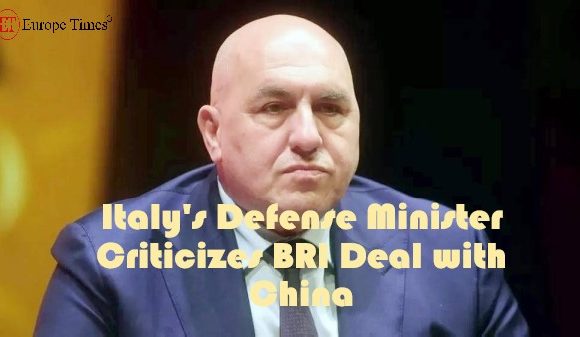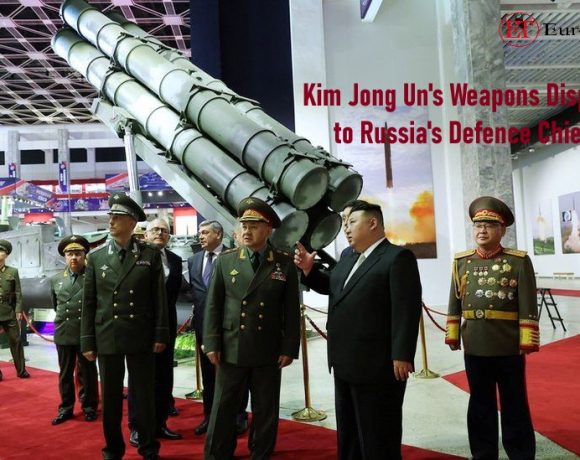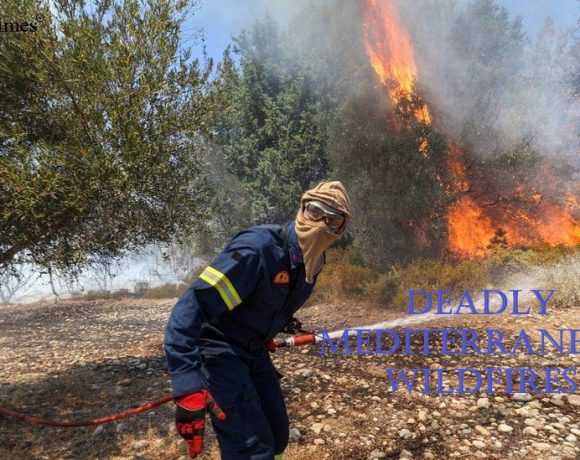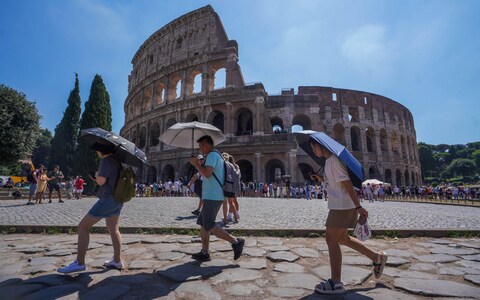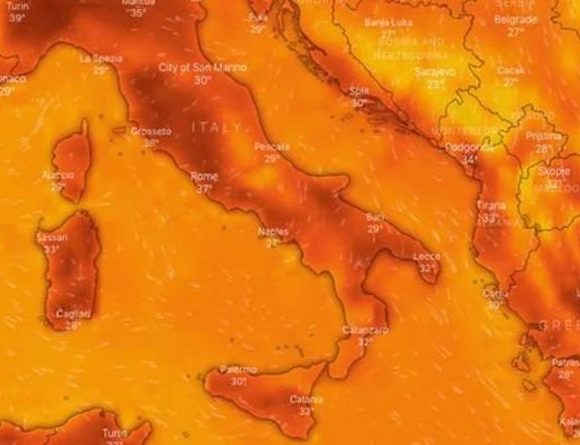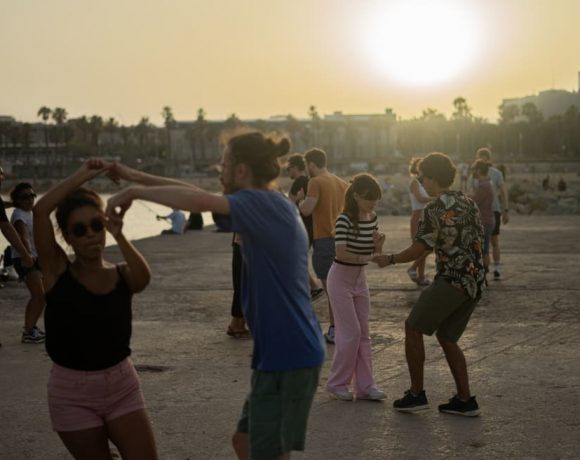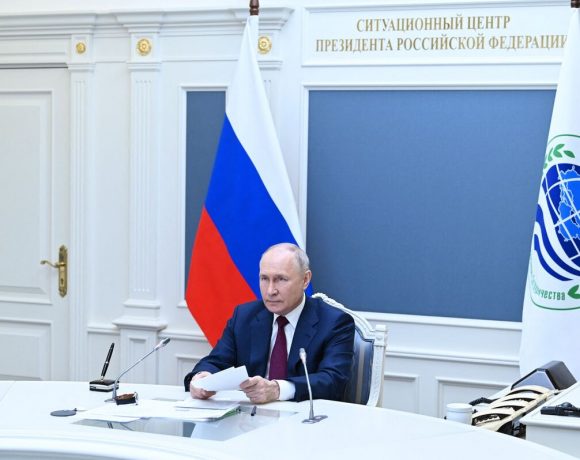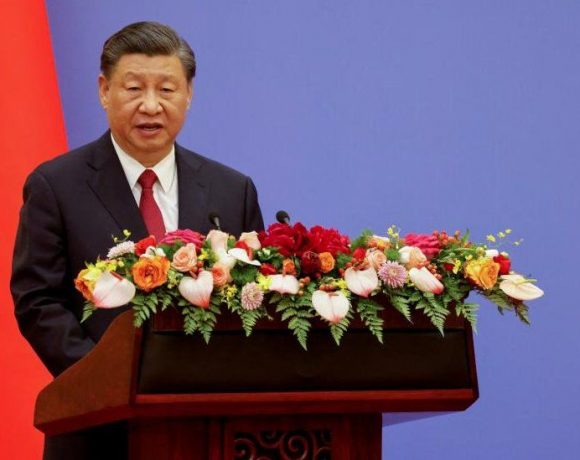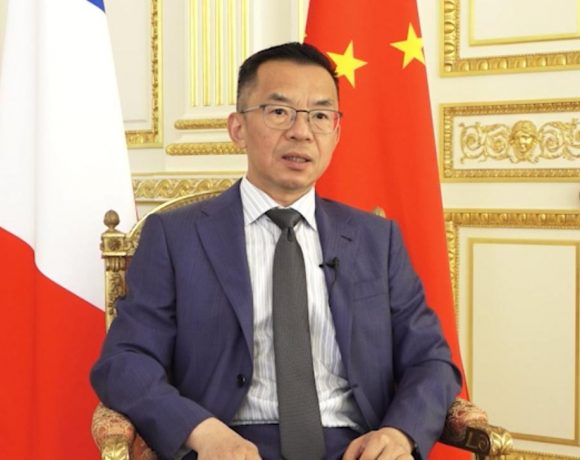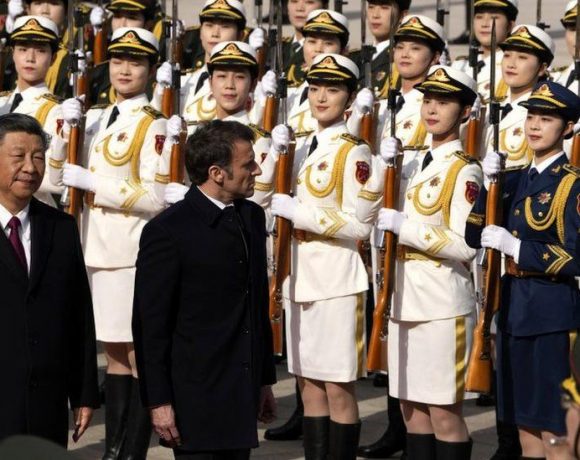Emmanuel Macron, the president of France, has pleaded with Xi Jinping, the leader of China, to assist in ending Russia’s war in Ukraine.
He told Mr. Xi in Beijing, “I know I can count on you to bring Russia to its senses, and bring everyone back to the negotiating table.” China and France, according to Mr. Xi, have the “capacity and obligation” to preserve world peace.
Moscow, meanwhile, declared that the onslaught will carry on since there were currently “no prospects for a peaceful conclusion.”
After years of deteriorating relations between the West and China, which has hesitated to denounce Russia’s invasion of Ukraine, Mr. Macron is in China on a state visit that is being closely watched.
Also, Mr. Macron wants to improve business connections. He is joined by a sizable business group as well as Ursula von der Leyen, president of the European Commission, who he asked to participate in meetings with the Chinese leadership.
In the late afternoon on Thursday, Mr. Macron was treated to a lavish military display in Beijing before meeting Mr. Xi for private talks that were described as “frank” and “warm” by Chinese and French officials.
Following the meeting, Mr. Xi addressed the media and urged “reasonable restraint” from the international community, stating that China “advocates for peace talks and wants a political settlement.”
He also reaffirmed the prohibition against using nuclear weapons in the conflict. Earlier this week, Russia declared its intention to station tactical nuclear weapons in Belarus, close to the ally’s western border with Nato countries.
Mr Macron said “we can’t have a safe and stable Europe” as long as Ukraine remained occupied, and that it was “unacceptable” that a member of the UN Security Council had violated the organisation’s charter.
The French president addressed Mr. Xi directly throughout the press conference, striking a friendly tone throughout his statement. It contrasted with Mr. Xi’s lethargic press conference delivery.
Later, in a different press conference, Ms. von der Leyen emphasised that it would be against international law and “seriously undermine” the relationship between the EU and China if Beijing sent weapons to Russia.
She said that she wanted Beijing to play a role that “promotes a just peace” and that she “firmly” supported Volodymyr Zelensky, the leader of Ukraine, in his peace proposal, which asks for the complete departure of Russian soldiers.
China has released its own peace plan which Western nations have been generally dismissive of, saying it sides too much with Russia. But Mr Zelensky has expressed interest in it and called for direct talks with Mr Xi – who has yet to publicly respond.
Picture Courtesy: Google/images are subject to copyright
